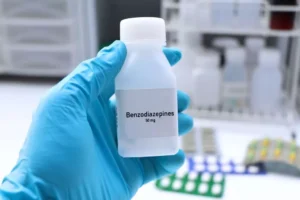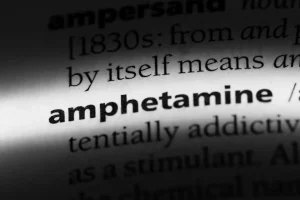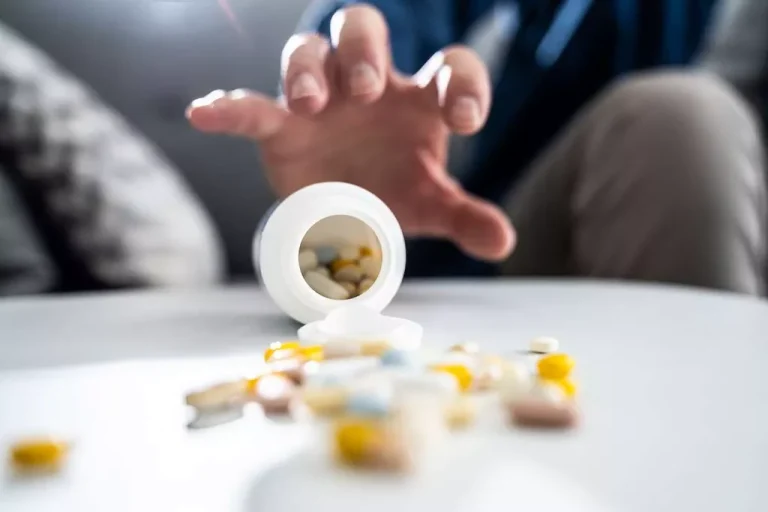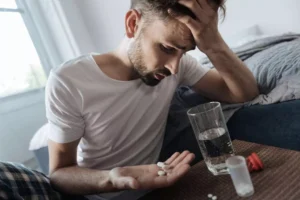
Following the 2019 death of Juice WRLD, his equally charged counterpart Trippie Redd vowed to whittle his vices down to marijuana; a promise he’s at least upheld in the public eye. The sketches above are from an experiment believed to have been conducted circa 1954 by the psychiatrist Oscar Janiger. In the experiment, an artist was given two 50 microgram doses of LSD, separated by an hour, and asked to draw several sketches of the doctor who administered the drug over the course of eight hours. Learn about treatment options like inpatient and outpatient rehab by calling our admissions team at for free, confidential, 24/7 support. “Been clean of lean 3-4 months now! CHAMPION,” he wrote in his Instagram Story.
Rappers Who Once Kicked Their Drug Habit

When asked if he felt guilty for contributing to the crack epidemic, he expressed regret. Drug and alcohol mentions can influence adolescents to engage in substance use, according to Eric Beeson, a licensed professional counselor for the online master’s in counseling program at Northwestern University. On that note, here are five artists to have spoken out against lean and Xanax. In 2017, naming a song “I Feel Like Dying” is par for the course. But a decade ago, Lil Wayne was planting the seeds from which a generation of rap would grow, for better and for worse.
Late 2000s
Please note this is not a glorification–kids don’t do drugs–but more for your clarity so when you favorite trap rapper talking about having papi on speed dial – you’ll be in the know. Given more reasons to quit, including the overdose death of Mac Miller in September 2018, rappers are deciding enough is enough. XXL gathered a list of rhymers who recently walked away from their most detrimental vice.

Drake & PartynextDoor ‘Some Sexy Songs 4 U’ Album Review
From ODB to DMX, Kanye to ‘Pac, hip-hop performers have a chronic habit of getting busted for stupid stuff. what rapper does the most drugs Wearing a bulletproof vest after being convicted of a felony. Rappers behaving badly have become one of popular culture’s most numbing constants.

The Jam were the band that defined a generation – and they changed my life
Prescriptions simply weren’t the cultural fix of choice at the time (partly due to access, partly due to their taboo nature), but that was soon to end. According to a study conducted by the Drug Slang in Hip Hop Project, 2007 is the point when pharmaceutical drugs—Xanax, Adderall, Percocet, Valium—begin to establish themselves in rap’s lexicon. Rap tends to mirror American society in general, magnifying the issues for everyone to see, and between 1998 and 2008, benzodiazepine use tripled. Wayne wasn’t exactly creating a trend or new reality on “I Feel Like Dying,” but the candid approach was certainly ahead of its time. Many rappers Oxford House who grew up around drugs have positively portrayed substance use in their music.
- Despite the fact that he claims not to use it, Future has been largely seen as one of the main spokespeople for lean use, largely due to the so-called glamorization effect prevalent on albums like Dirty Sprite 2.
- In 2020, she launched the LiveFree999 Foundation with the mission of supporting programs that provide preventative measures and address mental health challenges and substance dependency.
- He is also acknowledging that a dependency and addiction to drugs was created at such a young age.
- Unfortunately, this led to addiction, health struggles, and even untimely deaths.
- Currently, newer, deadlier, and more addictive drugs are circulating compared to what was available in the past.
- With the West Coast legend recently acquiring the entire Death Row Records catalog, it was only right to launch his weed brand of the same name.
But despite drug culture’s influence over music and trends, a number of the game’s favorite artists embrace sobriety. “Because of its fentanyl’s potency and low cost, drug dealers have been mixing fentanyl with other drugs including heroin, methamphetamine and cocaine, increasing the likelihood of a fatal interaction,” she says. “Fentanyl is much cheaper to make and easier to smuggle because small amounts are very powerful. Many who overdose have no idea the substances they are taking include fentanyl.” In 2020, only 6.5 percent of people with substance abuse disorders received treatment. African American and Native American people had the highest rates of fatal overdoses in 2021.
- The research revealed rappers have long had a preference for Hennessy cognac, also known as Henny, and this popularity began in the mid 1990s.
- Despite his repulsion, Jay-Z began selling crack in the 1980s.
- He was an advocate for mental health, especially for the black community (“Juice WRLD” 12).
- Rap music may have affected adolescent substance use in Texas.
- Like many other successful rappers, Logic has a painful past.
Currently, the per capita use of opioids in the US is four times that of the United Kingdom, and Americans are more likely to die from an opioid overdose than a car accident. Ol’ Dirty Bastard was one of the greatest voices in hip-hop. The beloved but troubled rapper died of a fatal mixture of cocaine and the prescription drug Tramadol in 2004. It’s rumored that his drug abuse was some kind of self-medication for mental instability, but whatever the case, his powers on the mic are dearly missed.
” where Juice is trying to convey how drugs rule his life (lines 15–17). This verse talks about Juice’s mental health throughout the years and how drugs “saved him,” but again, controlled his life. Rock ‘n’ roll and substance abuse have long shared a reputation for going hand in hand. From wild parties to songs laced with references to drinking and drugs, it’s no secret that rock stars often lived as hard as they played.

Long-term use of the drug has been linked to temporary paranoia, suicidal thoughts and worsening of symptoms of schizophrenia. Beeson says these artists may refer to substance use in their music because it once was their reality. They may not have participated in drug use or heavy drinking prior to experiencing fame, but they were surrounded by these behaviors growing up. Beeson said alcohol mentions are not necessarily an endorsement of drinking.



 English
English